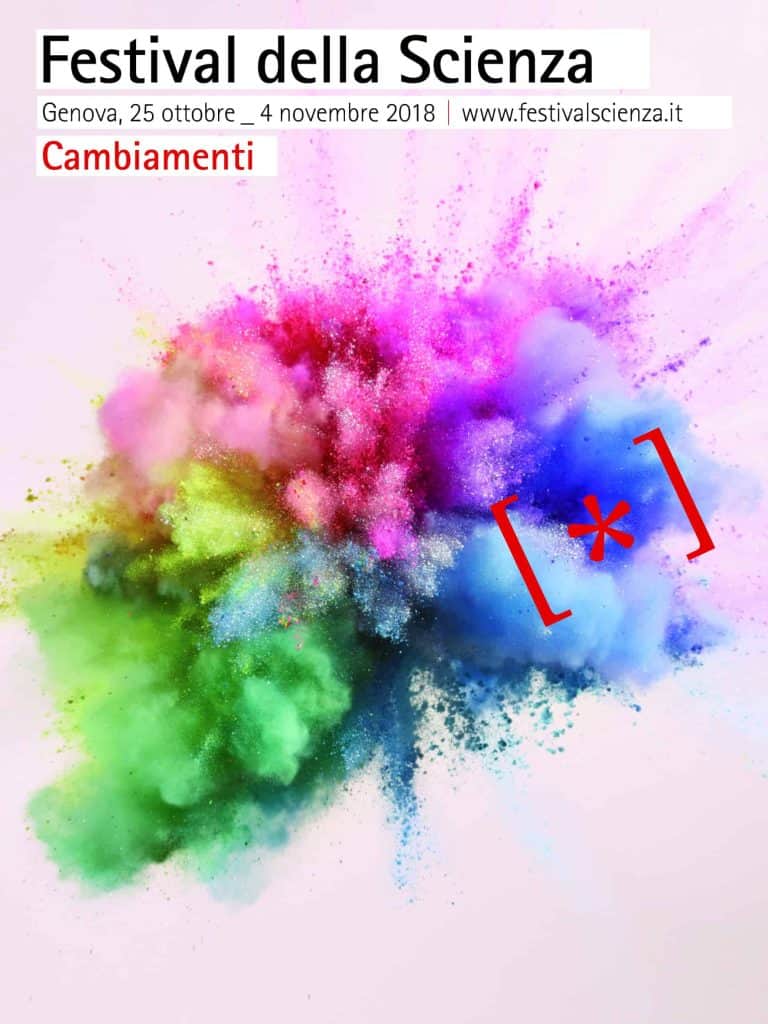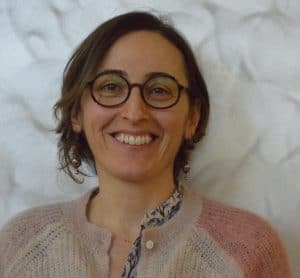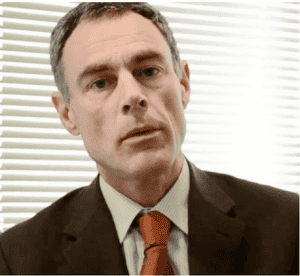
BrainCircle Italia was invited to collaborate in the sixteenth edition of the Genoa Science Festival, from 25 October to 4 November.
The theme of the Festival is Changes. The host country is Israel, considered a world leader in technological development and start-ups.
On October 25, the inaugural round table of the Festival presented the most interesting and innovative research and will illustrate the system that encourages start-ups and has made Israel the country of technological innovation. The Hebrew University of Jerusalem, to which BrainCircle Italia is affiliated, presented an exhibition for the 100th anniversary of its foundation, with a series of panels illustrating the greatest successes in the field of research. The University was founded in 1918 on Mount Scopus by Einstein, Buber, Freud and Weizmann, it is among the most prestigious universities in the world.
The three events organized by BrainCircle Italia at the Science Festival
26 October 2018, 6.00 pm, Palazzo Ducale, Sala del Maggior Consiglio
Lectio Magistralis by prof. Re’em Sari “Monsters of the galaxies. Gravitational waves and black holes: on the threshold of a new scientific adventure“.
In English with simultaneous translation, moderated by Marco Pallavicini. The presence of very massive black holes at the center of galaxies has long been established and the Milky Way is no exception. This astrophysical “monster” of ours has so far been studied by means of the motion of the stars in its vicinity, or by observing the emission of radio waves, X-rays and gamma rays by the material falling into it at speeds close to that of light. The recent discovery of gravitational waves and, above all, the demonstration of the direct observability of black holes by means of gravitational wave detectors have given an extraordinary impulse to this research, offering a new tool to answer old questions and new enigmas. Are black holes really like those described by Einstein’s theory or are there some differences? Is the origin of these black holes the result of the collapse of ancient stars and their progressive growth or are some of the black holes primordial, i.e. produced already in the first moments? What happens to a star when it approaches a black hole, before being “swallowed”? Around the black hole there are a myriad of smaller ones, as some indirect observations seem to suggest, or not? Every great discovery offers new questions, and gravitational waves are no exception.
27 October 2018, 3.30 pm, Palazzo Ducale, Historical Archive of the Municipality
Does time exist only in our brain? Physics, Philosophy and Neuroscience compared.
Meeting with Domenica Bueti and Mauro Dorato. Moderated by Viviana Kasam.
What is time? Does it exist absolutely outside of us or is it just a projection of our mind? The topic is very current today and the debate between physicists, who deny the existence of linear time, and neuroscientists, who support its existence as indispensable for the creation of identity, consciousness, memory and for the functioning of the brain, it is very bright. The meeting examines the profound conflict between the time of physics and that of our experience, in particular with respect to the nature of the present moment. The philosopher of science Mauro Dorato will explain how for physics the present does not exist, while in our lives it plays an essential role in the sensation of the passage of time. In relativistic physics, in fact, the present of an event is the event itself and, therefore, has no temporal extension while in our experience its duration is not instantaneous. Fundamental physical laws do not distinguish between past and future, on the other hand our experience of the world is obviously irreversible. Researcher Domenica Bueti will illustrate time from the point of view of neuroscience. How does our brain process and produce a sense of time? Can the perception of time vary from one person to another? What relationships are there between the perception of time and space? We will discover how the neural mechanisms underlying the perception of time are studied thanks to modern neuroimaging and neurostimulation techniques.
28 October 2018, 6.00 pm, Palazzo Ducale, Sala del Maggior Consiglio
A new approach to brain regeneration. Treating brain injuries with hyperbaric oxygen therapy. International dialogue with Pietro Calissano, Shai Efrati. Moderated by Viviana Kasam.
Studies published in recent years present evidence in favor of the effectiveness of hyperbaric oxygen therapy (OTI) in the treatment of neurological damage such as traumatic brain injury and stroke. This new understanding leads to a paradigm shift in how we refer to chronic brain injuries, the healing of which could now be compared to that of unhealed wounds elsewhere in the body. The candidate for hyperbaric oxygen therapy treatment is a patient with unrecovered brain injury, in whom tissue hypoxia is the limiting factor for the regeneration process. In this patient, OTI treatment can induce a restoration of neuroplasticity in the affected regions, where there is a misalignment between brain anatomy and physiology.






